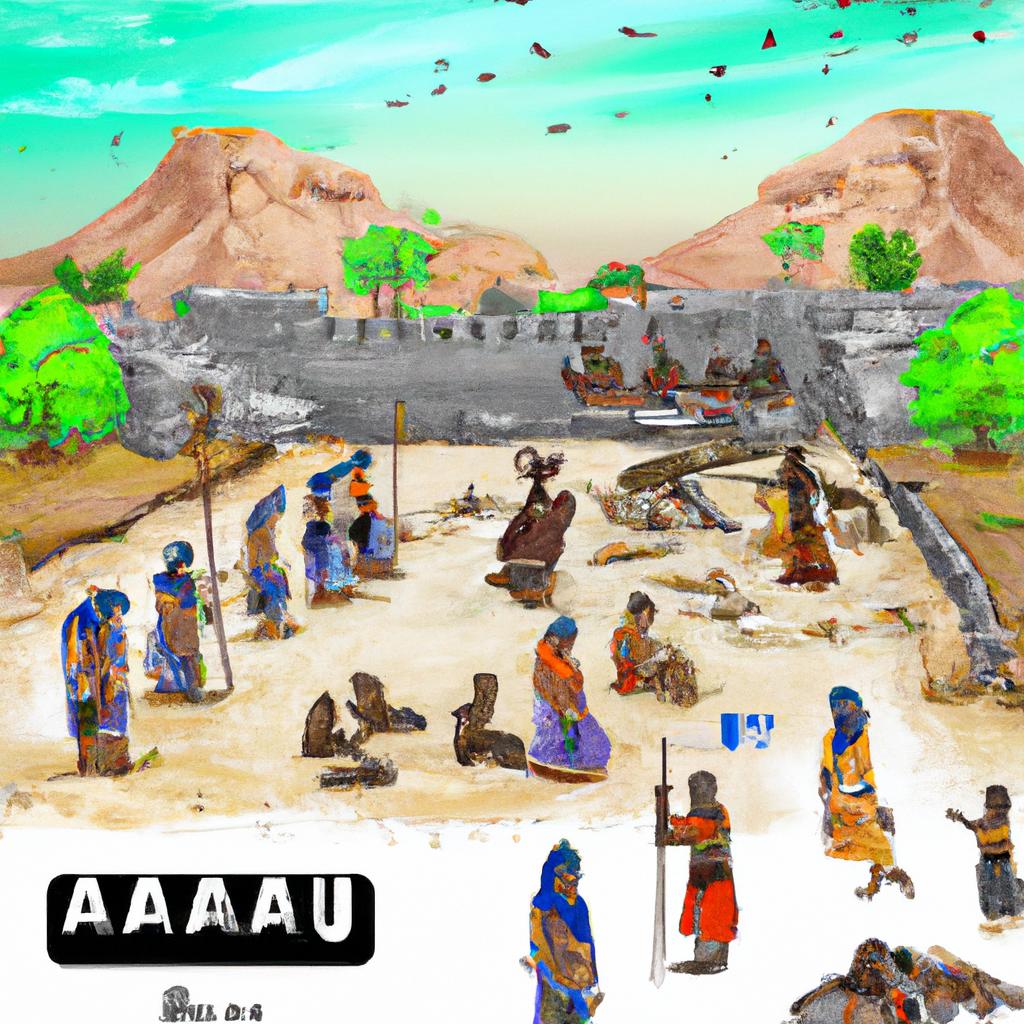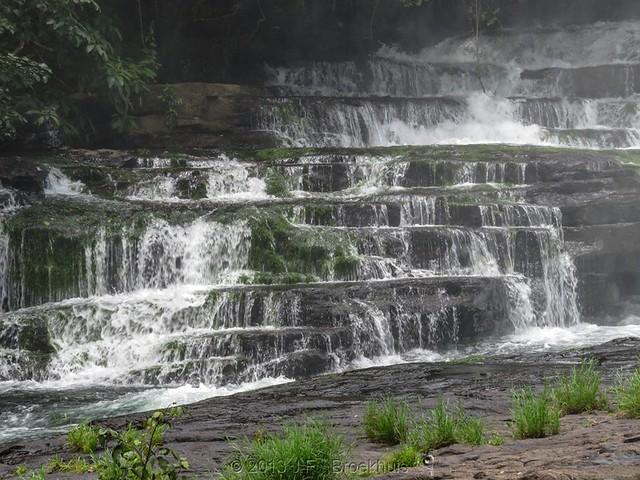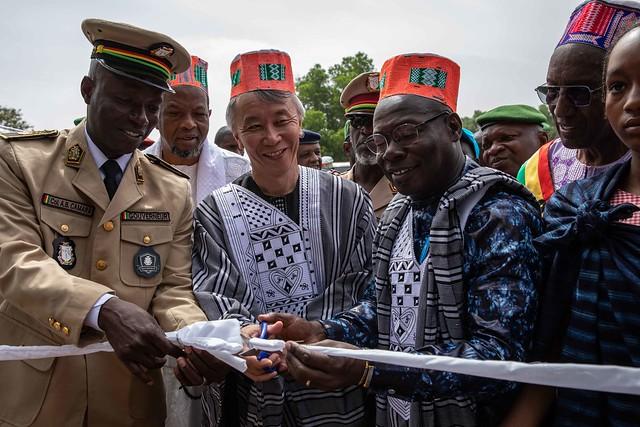Fria Prefecture
Overview
Overview of Fria Prefecture, Guinea
Fria Prefecture is a unique destination located in the Boké Region of Guinea, known for its vibrant cultural heritage and historical significance. Unlike the more tourist-trodden paths in other parts of Guinea, Fria offers a glimpse into the traditional life of the local communities mixed with the industrial vibe of its aluminum production facilities, which are among the first in Africa. The town itself is structured around these industries, but it still retains a rich cultural life that reflects the diverse ethnic backgrounds of its inhabitants, including the Fulani, Malinke, and Sousou peoples. This blend of industrial and traditional lifestyles makes Fria a fascinating place for those interested in both modern development and cultural traditions.
Best Time to Visit and Activities
The high season for visiting Fria is during the dry season, which runs from November to February. During this period, the weather is generally cooler and more comfortable for exploring. This is an excellent time for teenagers to engage in outdoor activities such as hiking in the nearby hills and exploring the local markets. Cultural festivals, which often feature traditional music, dance, and food, are more frequent during these months, offering visitors a chance to experience local traditions firsthand. Additionally, the cooler weather makes it easier to tour the industrial areas of the town, where visitors can learn about the aluminum production process that is central to Fria’s economy.
Preparation for Travelers
Before visiting Fria, there are several preparations that travelers should consider to ensure a smooth and enjoyable trip. Firstly, it is advisable to get vaccinated as recommended by health authorities for travel in Guinea, with vaccines typically recommended for diseases such as yellow fever, hepatitis A and B, and typhoid. Malaria prevention measures, including antimalarials and mosquito repellents, are also crucial due to the prevalence of the disease in the region. Understanding basic French or local languages such as Pular, Mandinka, or Susu can significantly enhance communication with local residents, as English is not widely spoken. Lastly, it’s important to check the political climate and travel advisories before departure, as Guinea can experience political instability. Always ensure you have a valid visa and your passport is up to date, as well.
How It Becomes to This
History not available

You May Like
Explore other interesting states in Guinea




